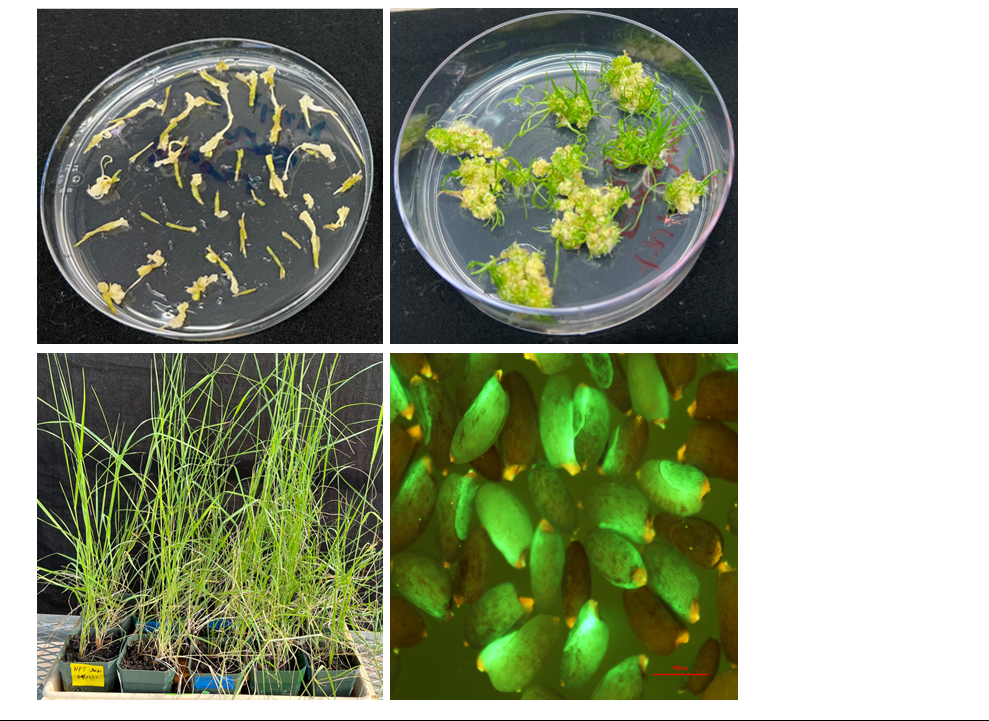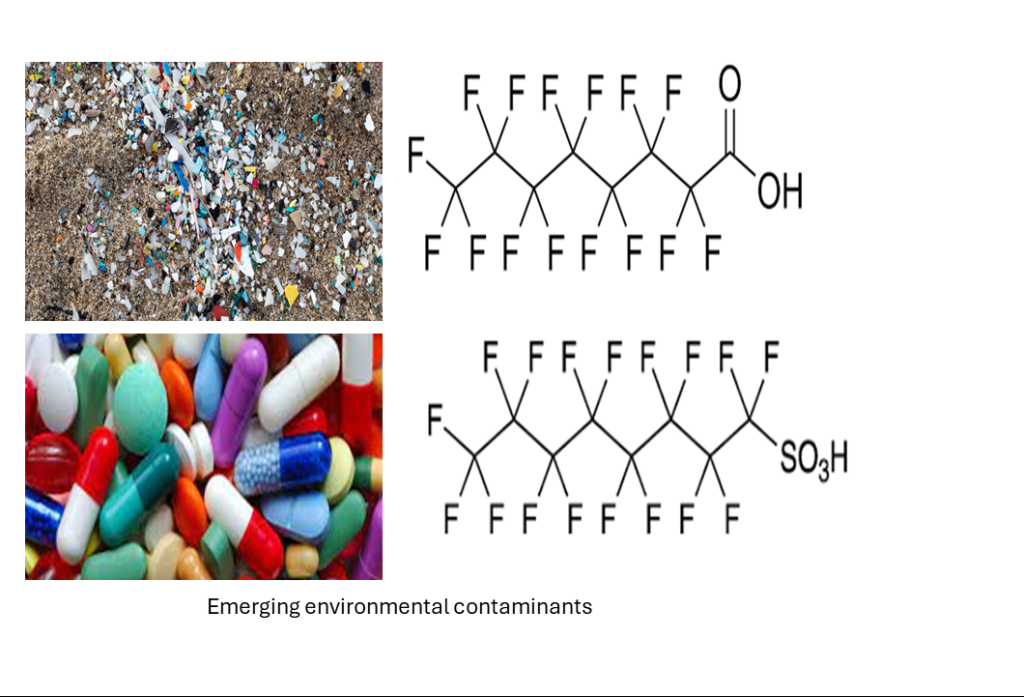What we Research
Underutilized/orphan crops for nutrition, health, and food security
Underutilized/orphan crops have great potential to address global issues of malnutrition, diet-related health problems, and food security in the face of climate change. We are using molecular-genetic and biotechnological tools to improve desirable traits such as yield, nutritional quality, and stress resilience of underutilized/orphan crops such as tef (Eragrostis tef) and major crops. Orphan crops have a great potential to enhance food security due to their nutritional quality, health benefits, and abiotic stress resilience. Because tef grains accumulate high amounts of macro- and micronutrients, we are studying micronutrient bioavailability and transport mechanisms.


Combining Omics and Molecular Biotechnology
The overarching goal of the Osena Lab is to identify novel genes for trait improvement in economically important crops. We use transcriptomics to identify target genes and functionally characterize them using molecular biotechnologies, including CRISPR-Cas and transgenic approaches in model and economically important crops. We are also optimizing genetic transformation techniques for tef and other crops.
Studying the antioxidant properties of grain extracts
We found that tef grain extracts have antioxidant activity in human cell model THP-1 monocytes. We are studying the molecular mechanisms of the antioxidant properties and underlying bioactive compounds.


Understanding plant interactions with environmental contaminants
We are also studying the interaction of plants with emerging environmental contaminants, including microplastics, antimicrobials, perfluorooctanoic acid (PFOA), and perfluorooctane sulfonate (PFOS) in collaboration with Clemson University and USDA-ARS.
Our Research
Underutilized/orphan crops have great potential to address global issues on malnutrition, diet-related health problems, and food security in the face of climate change. We are using molecular-genetic and biotechnological tools to improve desirable traits such as yield, nutritional quality and stress resilience in underutilized/orphan crops such as teff (Eragrostis tef) and millets. Such crops have a great potential to enhance food security due to their nutritional quality and health benefits, and abiotic stress resilience. Because the grains of teff accumulate high amount of macro- and micronutrients, we are interested study the structure and function of novel mineral ion transporters.

Target tissues for Agrobacterium tumefaciens-mediated genetic transformation
We are using molecular-genetic and biotechnological tools to improve desirable traits such as yield, nutritional quality and stress resilience in underutilized/orphan crops such as teff (Eragrostis tef) and millets. Such crops have a great potential to enhance food security due to their nutritional quality and health benefits, and abiotic stress resilience. Because the grains of teff accumulate high amount of macro- and micronutrients, we are interested study the structure and function of novel mineral ion transporters.

Target tissues for Agrobacterium tumefaciens-mediated genetic transformation

Extremophiles such as hyperthermophilic archaea survive under extreme environments that can destroy most living organisms. We are interested to explore useful traits from such microbes, and introgress these them into crop plants to enhance their resilience to abiotic stresses such as high temperatures, drought and salinity. We are particularly focusing on heat-shock proteins and molecular chaperons, antioxidant enzymes and transporters.

Funding sources include:
- National Science Foundation (NSF)
- National Institute of Health (NIH)
- U.S. Department of Agriculture (USDA)
